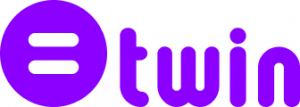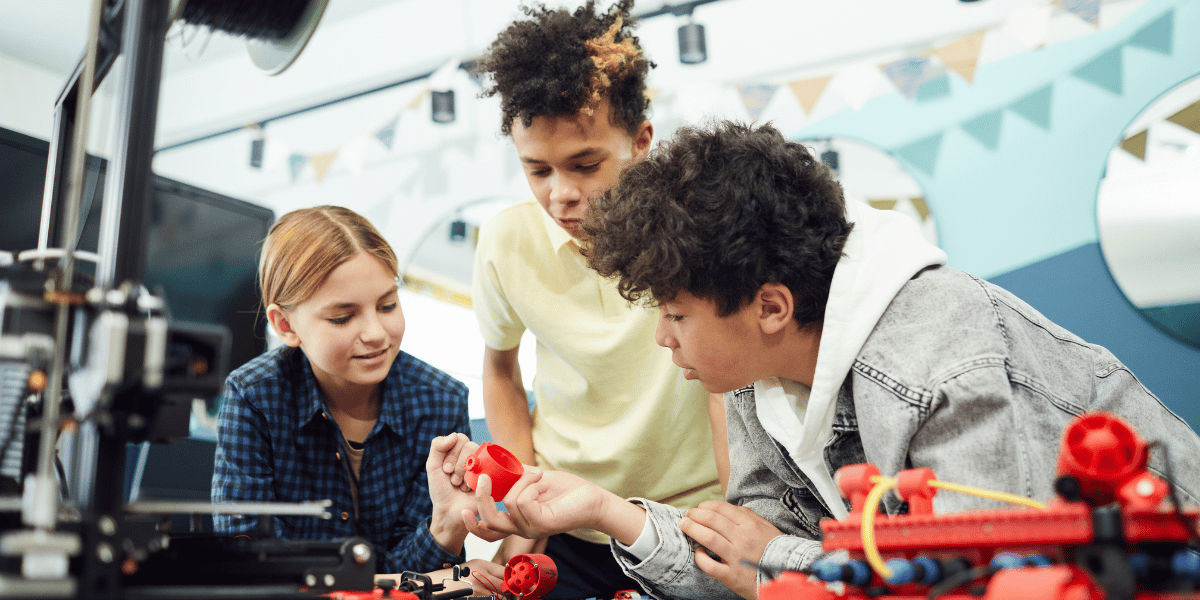This blog was last updated on 9 August 2025
Why Should Educators Care About AI, Privacy & Ethics?
How does AI in Education intersect with student data privacy and ethical teaching practices?
As AI becomes an everyday tool in schools, it brings powerful opportunities, but also sensitive challenges. Student data is more than numbers, it reflects identities, behaviors, and learning patterns. When misused or poorly protected, it can put your students at risk.
From attendance trackers to adaptive learning tools, AI relies on collecting and analyzing information. Without strong privacy safeguards, this data could be exposed, shared without consent, or used in ways that harm trust between you and your students. As educators, understanding these risks is not about resisting AI, it’s about shaping it to serve every learner responsibly.
If you’re seeking practical ways to integrate AI without compromising student trust, explore classroom-ready AI learning solutions that embed privacy and ethics into every step.

What Does Ethical AI Use Look Like in the Classroom?
How can educators ensure AI supports learning without crossing ethical lines?
Ethical AI in education starts with transparency, students and families should know what’s being collected, why, and how it will be used. It also means setting boundaries: avoiding data-driven decisions that stereotype or unfairly label students, and making sure AI recommendations never replace human judgment.
Aligned with Twin’s Learning Vision, ethical AI use mirrors the values we aim to nurture in learners, self-awareness, critical thinking, and a sense of social responsibility. Just as we encourage children to act conscientiously, our technology choices must reflect the same standards.
Practical Steps to Protect Student Data
What can teachers do right now to safeguard privacy?
Even without national or school-wide AI policies, you can take meaningful action:
-
Choose tools with clear privacy policies and robust encryption.
-
Limit data collection to what’s necessary for the learning goal.
-
Engage students in discussions about how their data is used, turn it into a learning opportunity about digital citizenship.
-
Review access permissions regularly to ensure only the right people can view student information.
As AI becomes part of daily learning, start using hands-on AI tools designed to meet classroom privacy standards and build AI literacy in a safe, student-centered way.
Why This Matters for the Future of Learning
How does privacy and ethics connect to future-ready education?
Protecting student data isn’t just a compliance issue, it’s a trust issue. When learners feel safe, they’re more willing to explore, take intellectual risks, and grow. This is at the heart of Twin’s Double-Wing Philosophy: nurturing both strong competence in STEM and a conscience to use it responsibly.
By modeling ethical technology use, you’re not only keeping students safe, you’re also showing them how to engage with innovation in a way that respects others, values transparency, and serves the greater good. This helps them grow into the socially conscious problem-solvers our world needs.
Getting Started with Privacy-First AI in Education
How can you lead your classroom toward ethical AI use today?
Begin small:
-
Audit the AI tools you use.
-
Share your privacy expectations with students and parents.
-
Collaborate with colleagues to develop shared best practices.
As with any new technology, the journey is easier with a companion. With Twin Education Solutions, you have access to tools and guidance that align with global education standards, safeguard student data, and inspire curiosity through hands-on learning.
Help your students develop both the skills and the conscience to thrive in a connected world.





